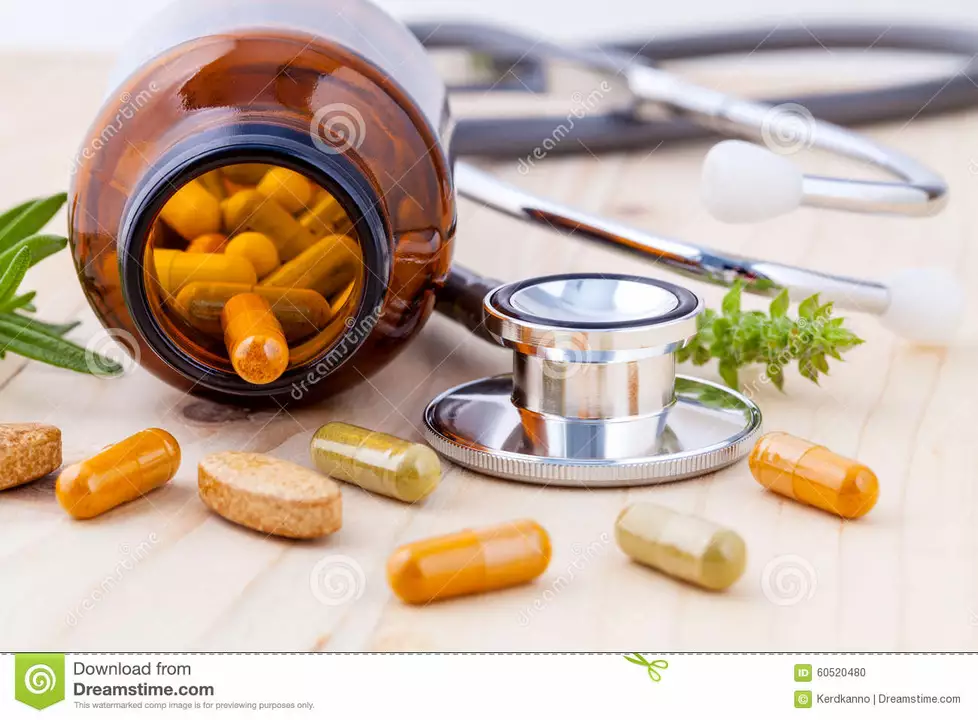Natural remedies that actually help — practical, safe advice
Want to try a natural remedy but not sure where to start? Natural options like bergamot, chlorella, and targeted vitamins can help with cholesterol, detox, and fertility — but only when used the right way. This page gives clear, no-nonsense tips so you avoid scams, harmful interactions, and wasted money.
Natural doesn’t automatically mean safe. Some herbs and supplements change how prescription drugs work, or carry risks for pregnant people and those with chronic conditions. Before trying anything new, list your current meds and health issues so you can check interactions or ask a clinician a quick question.
When a natural remedy makes sense
Use remedies to fill small gaps, not to replace proven treatments. Examples where they can help: taking folate and vitamin D while trying to conceive, using bergamot as an adjunct to diet for mild cholesterol support, or adding chlorella as a nutrient-dense green supplement. If you have serious disease — diabetes, heart disease, cancer — natural products should complement, not replace, the treatments your doctor prescribes.
Try a short trial: give a supplement 4–12 weeks at a reasonable dose and track one clear outcome (blood pressure, mood, menstrual regularity, energy). If nothing changes or you notice side effects, stop and re-evaluate.
How to pick and use supplements safely
Quality varies wildly. Look for brands with third-party testing (USP, NSF, or independent lab results). Read labels: check active ingredient amounts, avoid proprietary blends that hide doses, and prefer products that list batch numbers and expiry dates. Avoid miracle claims like "cures" or "detoxes every toxin" — those are red flags.
Watch for interactions. St. John's wort can cut the blood levels of many drugs (antidepressants, birth control, blood thinners). Grapefruit-family extracts and bergamot may affect statins and other medications processed by the liver. If you take blood thinners, certain herbal supplements and high-dose vitamins can change bleeding risk. When in doubt, search for the supplement plus your medication name or ask a pharmacist.
Start low and add slowly. For most supplements, begin at half the recommended dose to see how you react. Keep a health log: date, dose, and one short note on how you felt. That simple habit helps spot side effects early and gives useful info if you discuss the supplement with a clinician.
Buying online? Use verified sellers and read return policies. Avoid pharmacies that skip prescriptions for meds that require one — that’s often illegal and risky. For over-the-counter supplements, prefer retailers that show third-party test results and clear contact info.
Want specific options? Bergamot can support cholesterol alongside diet; chlorella offers nutrients and mild detox support; targeted fertility vitamins like folate, zinc, and vitamin D have clear roles. Still, match the supplement to your goal and monitor results. If you’re unsure, a single short visit with a pharmacist or primary care clinician usually clears things up faster than spinning through forums.
Use natural remedies thoughtfully: pick quality, check interactions, track effects, and know when to ask for medical advice. That approach saves money, reduces risk, and gives better outcomes.

